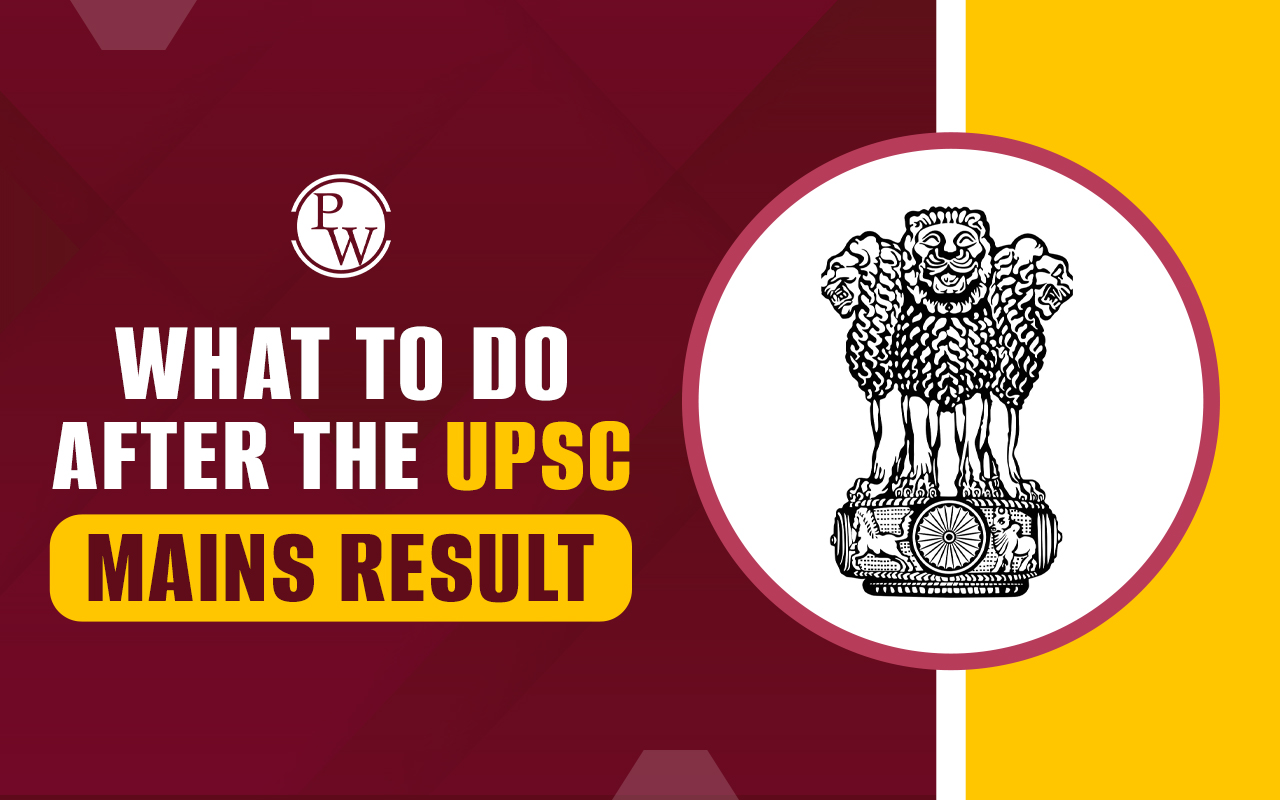

UPSC Civil Services Mains Examination result is a major milestone for every aspirant. Clearing this tough written exam brings you much closer to your goal. But the journey is not over yet.
The most important step comes After the UPSC Mains Result: the Personality Test, also known as the Interview. If your roll number is on the list, you must start preparing right away.
Candidates who have qualified in the UPSC Mains exam. They should fill out the DAF from November 13 to November 27, 2025.
What Happens After the UPSC Mains Result?
UPSC Civil Services Mains Examination result has been declared, and the Union Public Service Commission has officially started the process for the final stage. If your roll number is on the list of successful candidates, you need to quickly complete a few mandatory tasks to move toward the Personality Test (Interview).
1. The Final Stage: Personality Test (Interview)
The candidates whose roll numbers appear on the result PDF have qualified for the Personality Test. This is the final step for selection to services like IAS, IPS, and IFS.
2. DAF-II Submission is Mandatory
The most crucial task is filling and submitting the online Detailed Application Form-II (DAF-II).
-
This form requires you to update detailed information.
-
It includes your educational history, service choices (preferences), and personal facts.
-
Failing to submit this form on time will lead to the cancellation of your candidature.
3. Downloading the e-Summon Letter
The commission will soon release the schedule for the Interviews.
-
You will be able to download your e-Summon Letter for the Personality Test from the UPSC's official website.
-
The Commission does not send a paper letter to your home.
-
Candidates must also submit the mandatory online Attestation Form on the Department of Personnel and Training (DoPT) website.
Understanding the UPSC Personality Test (Interview)
The Personality Test is different from the Prelims and Mains exams. It is not a test of your book knowledge, as that has already been examined in the written papers.
What is the Interview about?
The main purpose of the interview is to assess your suitability for a career in public service. The board of competent observers judges your mental ability and character. It is like a natural, focused conversation.
Qualities the Board Looks For
The interview panel assesses various traits in a candidate:
-
Mental Alertness: How quickly you can think.
-
Critical Thinking: Your power to understand and analyse things.
-
Clarity of Thought: The ability to express your ideas clearly and logically.
-
Judgment: Your balanced view on different issues.
-
Integrity: Your honesty and moral steadiness.
-
Social Cohesion: Your ability to work well with others.
Role of the DAF-II
Your DAF-II is the 'syllabus' for your interview. The interview board will have your complete career record before them. They will ask questions based on everything you have written in your DAF-II, such as your academic background, job experience, home state, and interests.
Preparation Strategy After the UPSC Mains Result (For Qualified Aspirants)
Once you have qualified, you should start your interview preparation immediately. There is very little time between the result announcement and the start of the interviews.
1. Deep Analysis of Your DAF-II
Spend time reviewing the DAF-II you have submitted.
-
Prepare potential questions related to your graduation subject, hometown, and any hobbies you listed.
-
Research current developments or government schemes connected to your state or previous profession.
2. Stay Updated on Current Affairs
Resume reading newspapers and magazines daily. This time, focus on analysis, not just facts.
-
Understand major national and global issues.
-
Focus on new government policies and important economic events.
-
Think analytically about ethical and administrative challenges.
3. Practice with Mock Interviews
Mock interviews are extremely helpful for simulation. They help you practice in a formal setting.
-
This practice helps you build confidence and control your nervousness.
-
You receive feedback on your body language, articulation, and content.
-
Many aspirants find benefit from enrolling in a structured program, such as those offered by Physics Wallah (PW), to get expert guidance and real simulation experience.
4. Improve Communication Skills
Even if your answers are right, how you speak and carry yourself matters.
-
Practice speaking clearly and confidently.
-
Keep your responses short and focused on the main point.
-
Maintain a balanced opinion when discussing sensitive topics.
-
Ensure you maintain good eye contact and have a relaxed posture.
Mark Sheets and Next Steps for Non-Qualified Aspirants
Not everyone who attempts the Mains exam will qualify. If you did not make it this time, do not lose heart.
Checking Your Mains Mark Sheet
The mark sheets of all candidates, including those who did not qualify, will be uploaded on the UPSC website.
-
The marks are usually available online about 15 days after the final result is declared.
-
They remain available on the website for a period of 30 days.
Planning Your Next Attempt
Use this time for self-evaluation.
-
Carefully analyse your performance using the mark sheet. Find the specific subjects or papers where you scored less.
-
Focus on the mistakes you made and prepare a new, stronger strategy for the next Civil Services Examination. If you have used up your attempts, you may consider preparing for other government examinations.